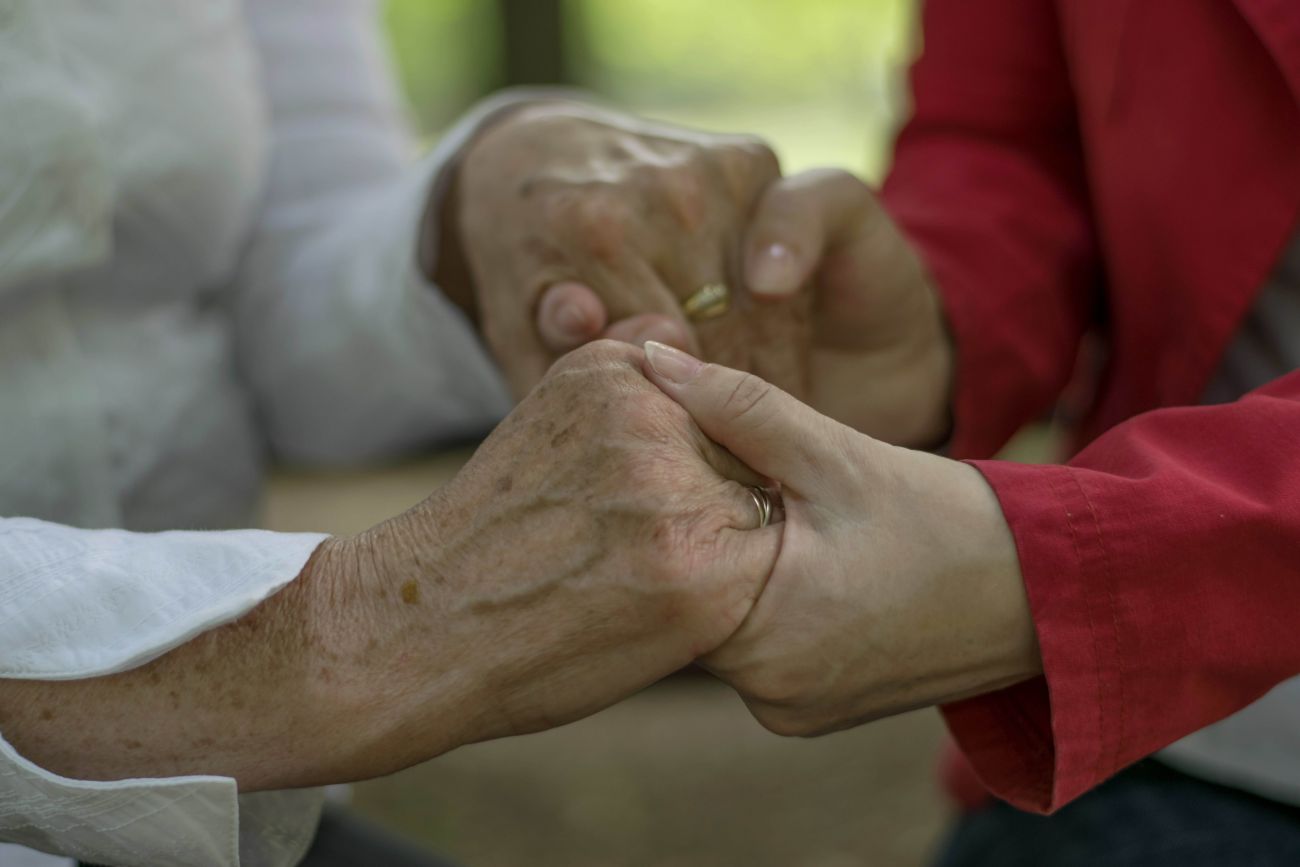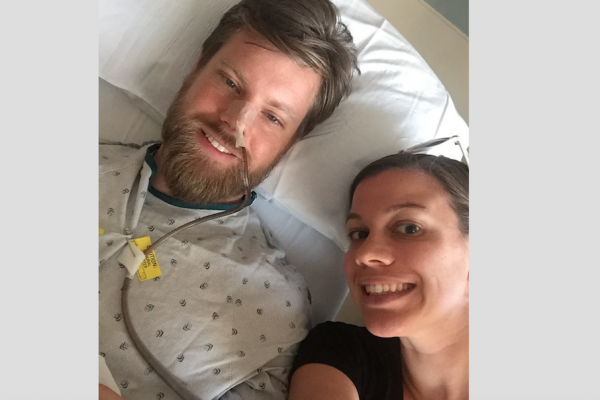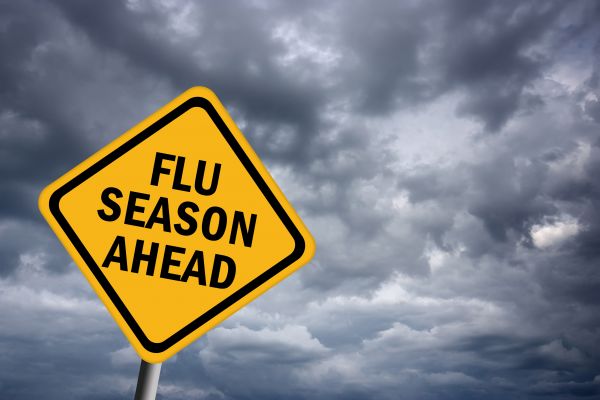A Guide for Adolescents and Young Adults
Cancer is a scary diagnosis for anyone, and adolescents and young adults can have an especially hard time dealing with the news that a parent is sick. But you are far from alone. About 2.5 million teens live with a parent who is fighting or survived cancer.
While help and support is always within reach, there will undoubtedly be difficult days. You may ask yourself questions like: Will my mom or dad be ok? How will my family life change? How do I cope? If you feel overwhelmed with fear and worry, try to focus on these facts:
- Many people survive cancer. There are about 12 million cancer survivors living in the U.S. today. That’s because scientists are discovering new and better ways to find and treat cancer. During this really tough time, it will help you to have hope.
- You’re not alone. Right now it might seem that no one else in the world feels the way you do. But many adolescents and young adults have a parent who has cancer. Talking to others in the same situation may help you sort out your feelings and diminish some of the stress.
- You’re not to blame. Cancer is a disease with various causes, many of which doctors don’t fully understand. None of these causes has anything to do with what you’ve done, thought, or said.
- Knowledge is power. It can help to learn more about cancer and cancer treatments. Sometimes what you imagine is actually worse than the reality. Ask questions and stay informed.
While you navigate this cancer journey with your parent, it can help to plan and prepare for some of the challenges that lie ahead. Knowing what to expect can help you feel more in control and less worried about change.
What You Might Experience:
While your parent gets treatment, you might notice that they have less energy than usual. They may be tired, and may not feel well. You might see them lose their hair. They might gain or lose weight. These are all common things that can happen from cancer treatment. Seeing your parent get sick can be scary. But remember, many people get cancer, have treatment, and do well. Share your concerns and ask questions. Open and honest communication is the best way to handle uncertainty.
What You Can Do to Help:
Spend time with your parent. Lend a hand when you can with cleaning or preparing meals. Try to keep a positive outlook, It’s ok to share your thoughts and concerns. You are all under stress and need each other for support. You may assume responsibilities that normally fall to the parents, but only take on what you can handle.
Never miss another Cancer Talk blog!
Sign up to receive our monthly Cancer Talk e-newsletter.
Sign up!Take Care of Yourself:
While you help care for your parent, remember to take care of yourself, too. Keep up your routine as much as you can, including school, friends, and activities you enjoy. You may feel funny going about your life and having fun when your parent is home sick or in the hospital. But living your life does not mean you don’t care. You can still be concerned about your parent while staying connected with friends and activities. It’s common to have mixed emotions and an open line of communication with your parent is always the best way to cope.
Find Support:
It can help to talk with someone outside of your family. Look for local support groups in your community or utilize useful web resources like Kids Konnected. They provide an online community of peers living with a parent who has cancer. You can always reach out to your parent’s care team and ask to speak with someone from the Roswell Park Psychosocial Oncology department.
Editor’s Note: Cancer patient outcomes and experiences may vary, even for those with the same type of cancer. An individual patient’s story should not be used as a prediction of how another patient will respond to treatment. Roswell Park is transparent about the survival rates of our patients as compared to national standards, and provides this information, when available, within the cancer type sections of this website.



